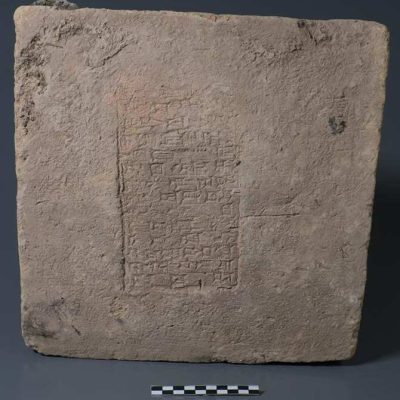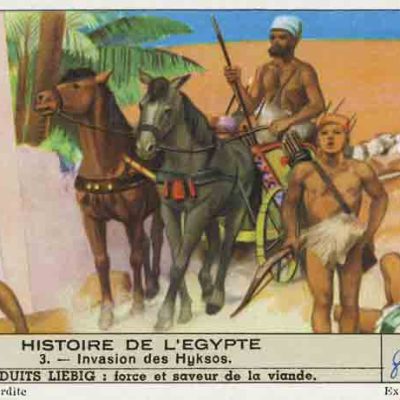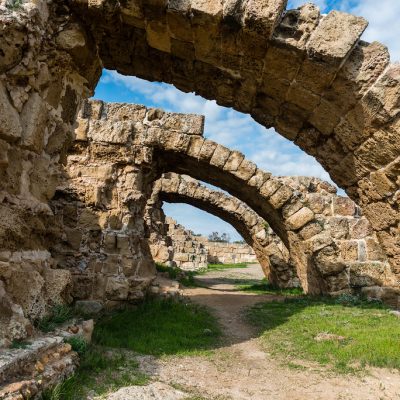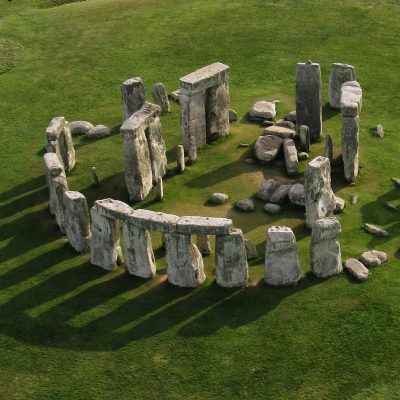Israeli archaeologists have successfully pieced together a scroll from the Dead Sea, made up of 60 fragments. The scroll sheds light on ancient Jewish religious practices that have long been forgotten. Eshbal Ratson and Jonathan Ben-Dov, scientists from the University of Haifa in Israel, spent almost a year deciphering the encrypted Hebrew script on the fragments. They were able to confirm that all the fragments belonged to a single scroll, which was previously thought to be several separate scrolls with different contents. The discovery was made in the Qumran caves near the Dead Sea, where around 850 different documents have been found in archaeological excavations.
The newly deciphered document provides new insights into the religious practices of the Essenes, a Jewish sect that lived in the Judean desert. The Essenes are believed to have written the scrolls, which include some of the oldest known texts of the Bible and the oldest known copy of the Ten Commandments. The documents date back to around 300 BC. The latest deciphered document provides further evidence that the Essenes used a 364-day calendar, which is different from the lunar calendar used by Judaism today. It also describes an annual wine and olive harvest festival that is no longer celebrated in modern Judaism.
The discovery of the scroll is a significant breakthrough in the study of ancient Jewish history and religion. It provides a glimpse into the practices and beliefs of a long-forgotten sect, and sheds light on the development of Judaism over the centuries. The deciphering of the scroll is a testament to the skill and dedication of the archaeologists who worked tirelessly to piece together the fragments and unlock the secrets of the past.










